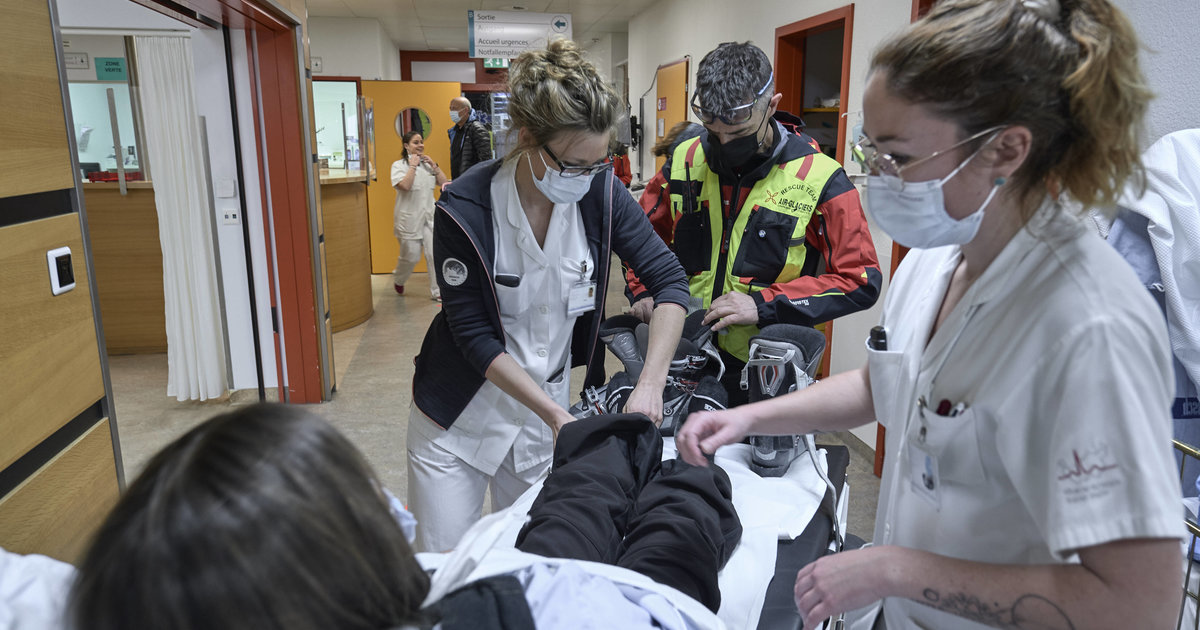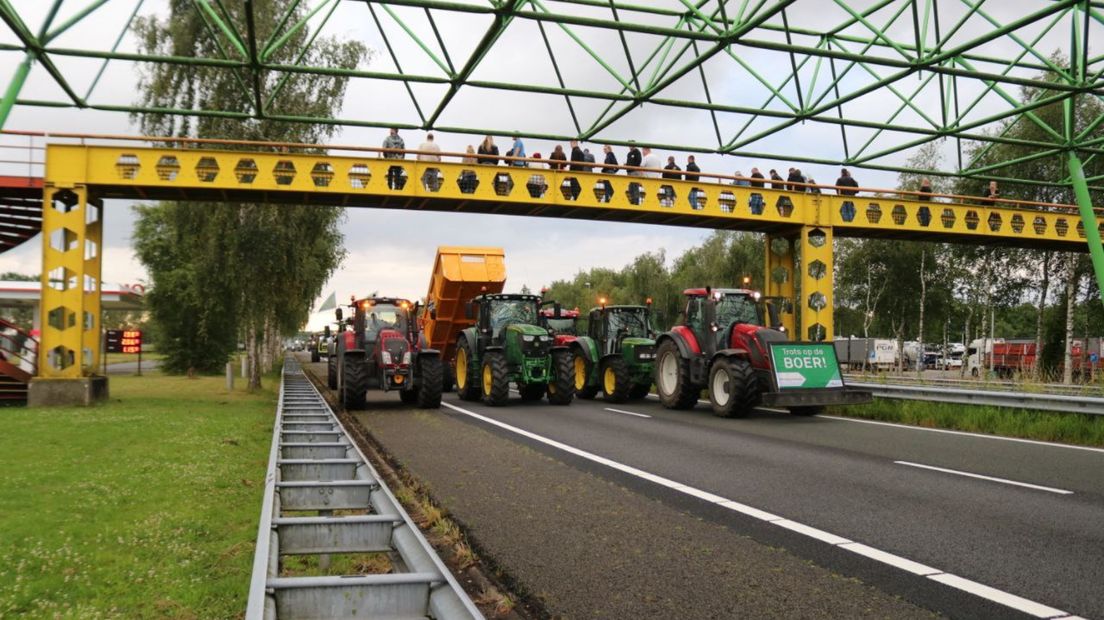A few weeks ago, the latest covid variant, BA.5, began to spread in Switzerland. Epidemiological surveillance, which had largely declined since this spring, to the point of becoming almost obsolete, has regained all its relevance. Since June 14, the FOPH has identified between 3,500 and 4,000 new cases every day, while daily infections (confirmed in the laboratory) were only counted in the dozens at the beginning of the month.
Faced with this epidemic rebound, hospitals in Romandie are starting to tighten the screw on the question of the compulsory mask. But not all with the same vigor. On Wednesday June 22, the Valais Hospital and the Neuchâtel Hospital Network (RHNe) decided to generalize the wearing of a compulsory mask in all care areas, “whether for medical staff in contact with patients , patients outside their room and visitors including during the visit in the room”, specifies the Valais structure.
The choice of clarity
Two days later, on June 24, the HUG and the CHUV follow in the footsteps of their Neuchâtel and Valais colleagues. At the CHUV, however, the rule only applies in well-defined areas, such as waiting rooms, consultation offices and treatment rooms. “The obligation also applies again in the units of the psychiatry department, as well as in outpatient consultations in psychiatry of advanced age”, details the CHUV. Outside this perimeter, “and unless they are affected by a respiratory virus”, it is at the goodwill of employees and visitors.
On the side of RHNe – which has seen its number of hospitalizations linked to covid triple in one week – we do not want to be encumbered with the zonal system: “If people do not need the mask when the hospital, but have to put it on when they arrive in the waiting room, the message loses clarity. We therefore considered that it was preferable to make it compulsory everywhere, ”explains its communicator.
At the Jura Hospital, the rule applies to medical staff only when they are in contact with patients. “He no longer has the obligation to wear it in the corridors or during sessions or training,” says his spokesperson. But we will adapt our practices if the situation should justify it.” As for visitors, wearing a mask is only at the recommendation stage. Ditto for all five sites of the Friborg Hospital (HFR), where outside the rooms, “as much for visitors from the age of 12 as for medical and nursing staff”, the wearing of a mask is not generalized.
Assessment of hospital pressure
A the time of the critical assessment of the Confederation in its management of the pandemic, these new disparities between hospitals revive the debate on the uniformity of measures. Vice-president of the Swiss Conference of Cantonal Health Directors (CDS), Rebecca Ruiz explains that the conditions are not currently met “for the CDS to judge that the hospital pressure is unabsorbable”, and therefore that it does not for the time being, the Confederation will not be asked to exempt the cantons from their responsibilities.
The socialist also recalls that the umbrella organizations Swissnoso (responsible for hospital hygiene) and the FMH (Federation of Swiss Doctors) recommend the wearing of compulsory and generalized masks in hospitals, but that this is not legally binding for the moment. “On the other hand, if the epidemic situation worsens, the CDS will plead for the Confederation to regain control of the cantons.”
Jura Minister of Economy and Health, Jacques Gerber is “not surprised” to see such discrepancies between hospitals. “Even if it was in times of crisis that we discovered at open doors what federalism was, I do not see how the differentiated organization of these institutions in relation to the wearing of masks is problematic. It is not even about the cantonal scale, and each faces a specific situation. So unless the hospitalization rate explodes and becomes worse than what we have seen in the past two years at the same time, there is no reason for the Federal Council to regain control. Personally, the elected official says he is still “worried” about the development of the situation, and wants to invite his colleagues “to prepare a harmonization of measures if the number of cases were to degenerate.”
–


